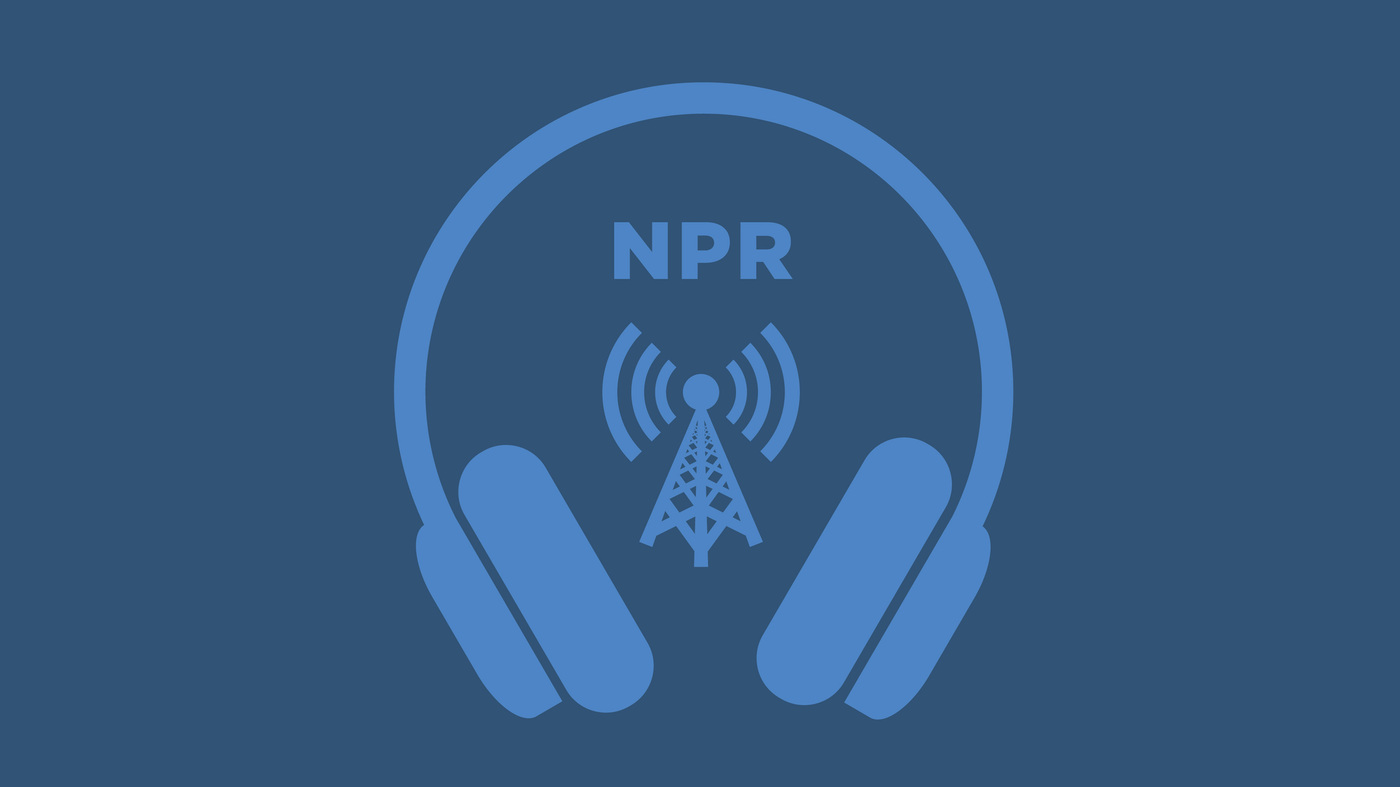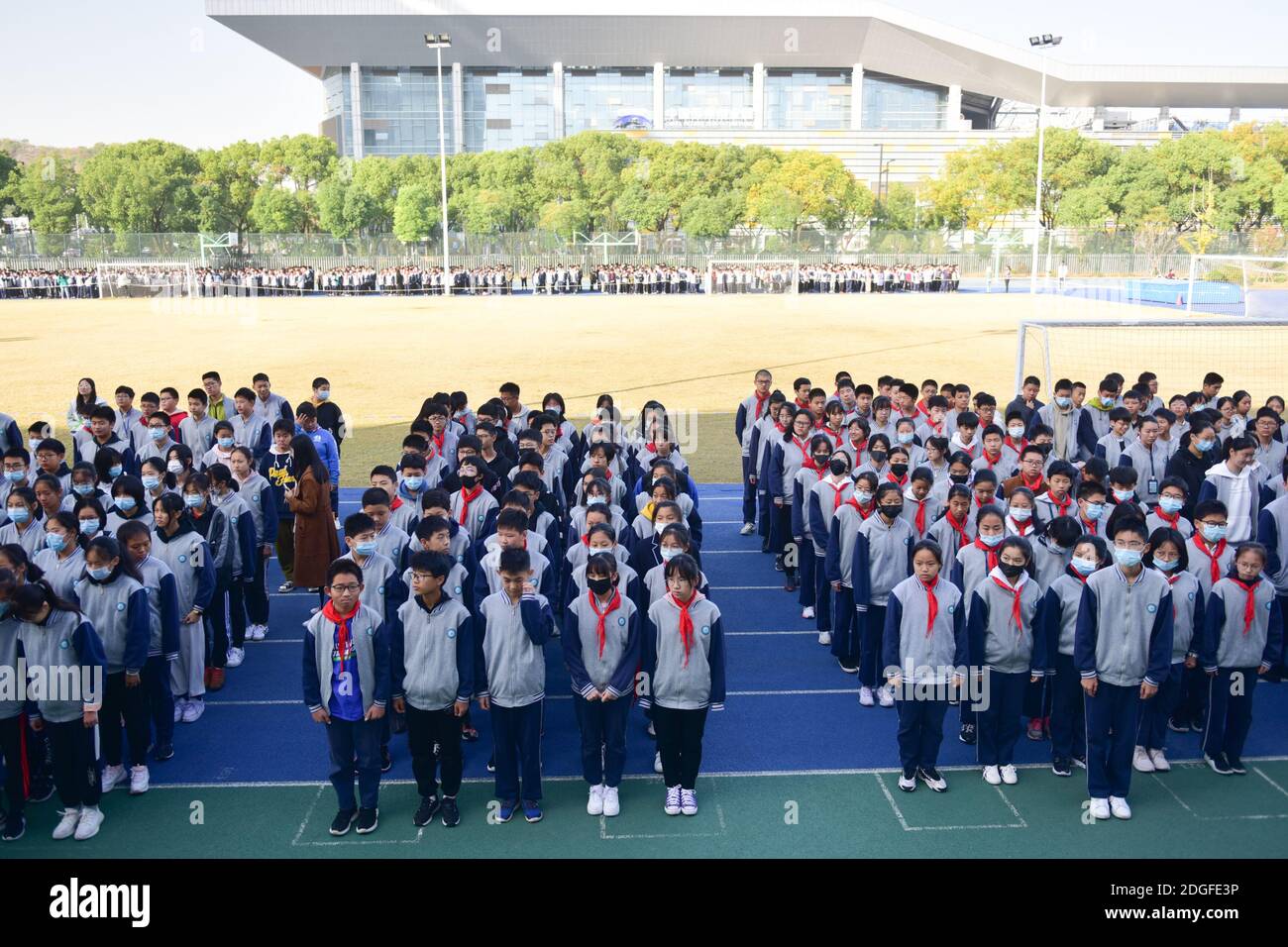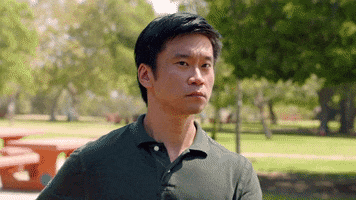I was at a conference and the speaker was referencing when they were young and stopped in the road in whatever rural town it was and did a "Chinese fire drill". I was kind of take aback that they would use that phrase.
It's kinda racist to still call it that, isn't it? At the least it seems pretty insensitive.
It's kinda racist to still call it that, isn't it? At the least it seems pretty insensitive.





